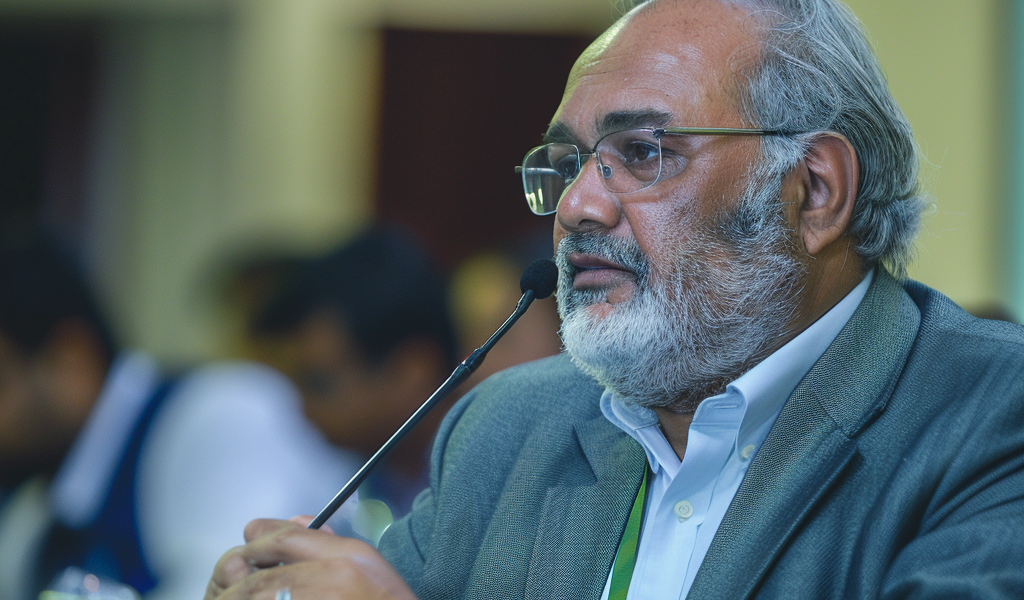In a recent meeting of the Defense Welfare Society in Pakistan, Fahimur Rahman Saigol, the Chairman of the Pakistan Industrial & Traders Associations Front (PIAF), emphasized the need for a revolution in technical education to propel Pakistan’s economy towards growth and prosperity. Saigol’s advocacy for demand-driven technical education policies comes at a critical juncture as Pakistan grapples with economic challenges.
Saigol highlighted the importance of technical education in driving economic growth and emphasized the necessity of a stronger connection between industry and academia to address the existing skill gap. He believes this could significantly contribute to boosting the country’s exports and overall economy.
However, Pakistan faces numerous obstacles on the path to economic growth. From import restrictions leading to raw material shortages and currency devaluation to unviable business models, the challenges are substantial. Saigol also criticized the government’s reliance on acquiring more loans instead of formulating a pragmatic plan to confront these issues.
Despite the daunting challenges, Saigol remains cautiously optimistic, suggesting that the overall Gross Domestic Product (GDP) growth rate might hover around 1% due to the shutdown of Large Scale Manufacturing (LSM) industries.





